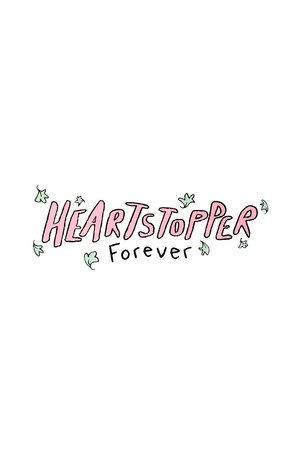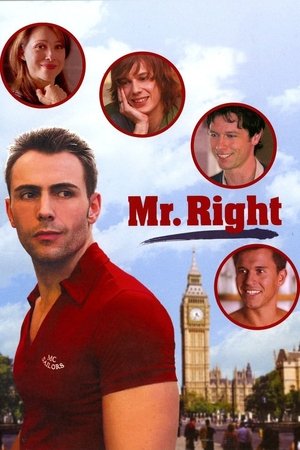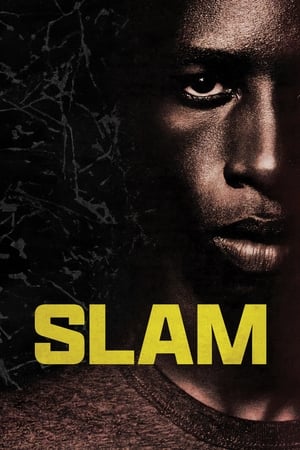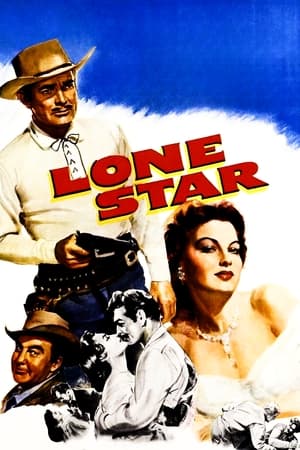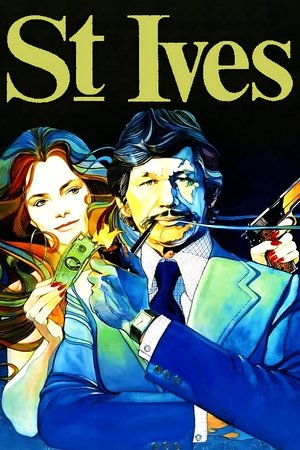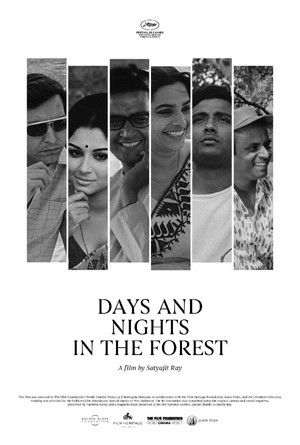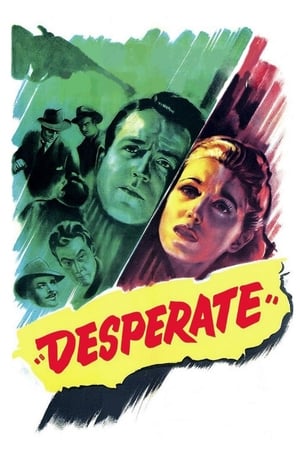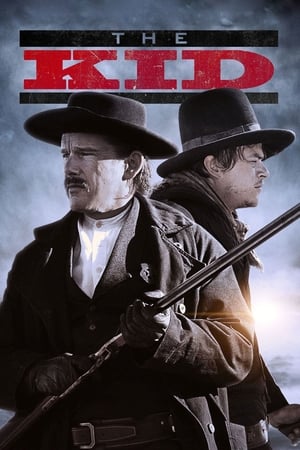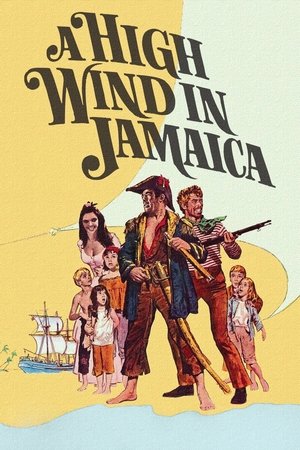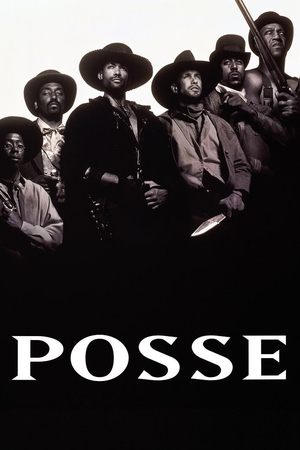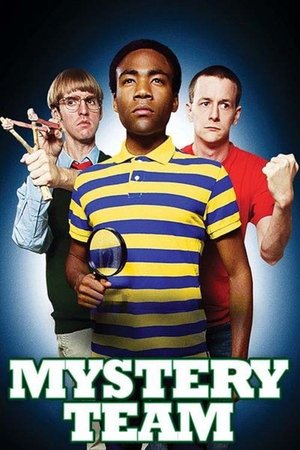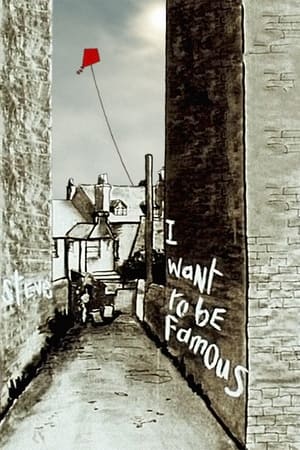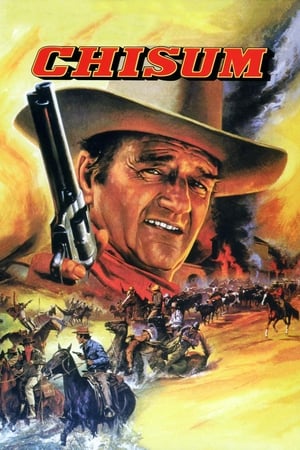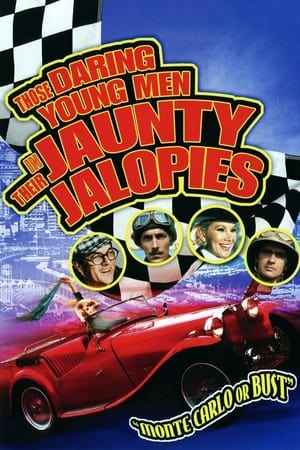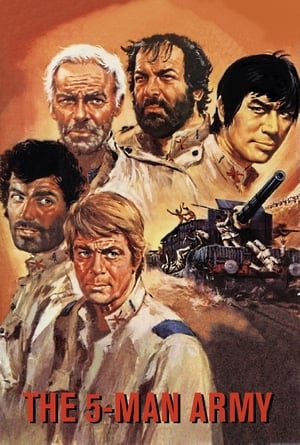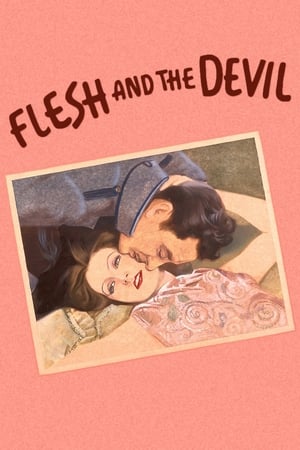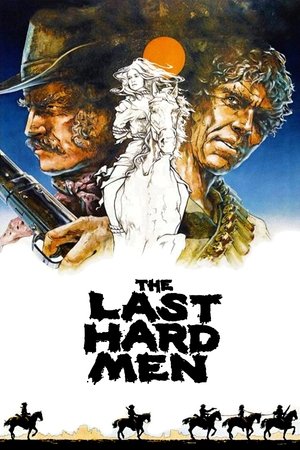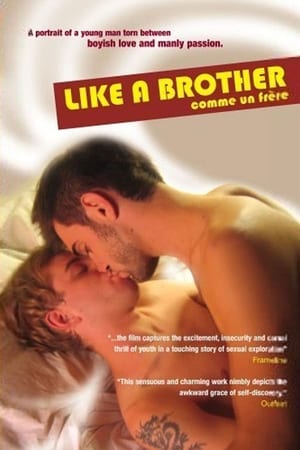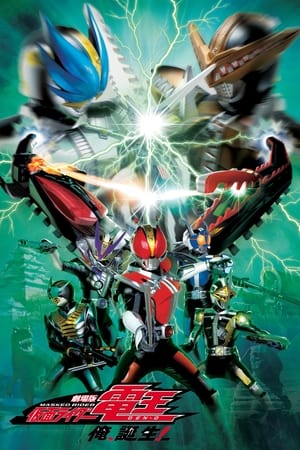Overview
As the west rapidly becomes civilized, a pair of outlaws in 1890s Wyoming find themselves pursued by a posse and decide to flee to South America in hopes of evading the law.
Reviews
Esto es un robo, las manos arriba!
Butch Cassidy and the Sundance Kid is directed by George Roy Hill and written by William Goldman. It stars Paul Newman, Robert Redford, Katharine Ross and Strother Martin. A Panavision/De Luxe production with music by Burt Bacharach and cinematography by Conrad Hall.
Not exactly a hit with the critics of the time, Butch Cassidy and the Sundance Kid had no such problems at the box office or with longevity of popularity. It is still today one of the few Western films that none Western fans enjoy immensely. Much of this can be attributed to the wonderful buddy buddy chemistry between Newman and Redford, and of course the general blending of ragamuffin drama with cheeky chappy comedy.
The casting as finished was not exactly set in stone, Newman was always in but was originally going to play the part of Sundance. McQueen was pencilled in for Cassidy, as was Lemmon while Beatty was mooted as well, but eventually a chance was taken on Redford and Newman switched to the role of Cassidy. On such things can a movie be made or broken, as it turned out it was the ace in the pack as infamously legendary characters were brought vividly to life.
Only based on the basic real life facts of the Hole-in-the-Wall gang led by Butch Cassidy, the film follows the simple formula of two lovable rogue entrepreneurs being chased by a Pinkerton posse whilst robbing their way to a new life in Bolivia. A gorgeous sepia opening sets the standard for the visual treats to follow, with over a quarter of the film being an extended chase sequence through the landscapes. As Hill and Goldman (Academy Award Best Story/Screenplay) provide the tension in the sequences, Conrad Hall (Academy Award Best Cinematography) brings clarity of beauty that's blended with dust strewn sweat.
The music by Burt Bacharach (Academy Award Best Music) has not always gone down well with critics and fans alike, especially the pivotal "Raindrops Keep Falling on My Head" (song by country singer B.J. Thomas). But in the context of the scenes, and the changing of the West (even the Western movie in fact), the music mostly works. Yes, "Raindrops" is a touch corny in essence, but the accompanying sequences as the bicycle replaces the horse for a major metaphor - and the warmth of the Etta Place (Ross a little bland) and Cassidy friendship is born out - it's hardly a film killer. In fact it's a daring move by the makers.
Hugely influential on Westerns that would follow and spawning further tales of the exploits of Butch and Sundance, Hill's movie has well and truly earned its much loved reputation. With the constant by-play between Redford and Newman always engaging (who are those guys?), a number of iconic scenes firmly ensconced in movie folklore, and technical smarts to cherish, Butch Cassidy and the Sundance Kid never takes its foot of the pedal or its grip on your heart. Because as the freeze frame sepia ending passes muster as a blaze of glory, it's indeed true that Hill, Hall, Goldman, Newman and Redford have made a true Western classic. 9/10
I found this movie to be entertaining and intelligent, sticking surprisingly close to real events a lot of the time. Robert Redford and Paul Newman have a good chemistry together, as they will illustrate again in The Sting.
This was one of if not the most popular movie the year it came out. Apparently s9me viewers feel it can’t decide whether it is a western or a comedy, but as an author who writes novels that cross genres a bit, I do not mind seeing it in films.
The scenery is grand and the old time photography that is featured at times is a neat addition. The ending is one place where it varies from what we know of the facts, but it remains just true enough to be okay, as it adds excitement to the scene. It is one of those trademark endings.
This is what you might call "lightly likable".
It's a comic Western about the two famous outlaws of the Hole in the Wall gang.
I saw it at the Louisville cinema when it came out, and I wasn't thrilled, but I wasn't totally averse to it.
I remember when the scene where Sundance (Redford) looks like he is going to rape the gorgeous school teacher (Katherine Ross) telling her to undress at gunpoint, and she does so, and then when you think it will be violent, she asks him what the H.. took him so long. I remember it because while I thought it was corny, one hot girl in the theater started laughing and commenting on how funny it was. I thought it was ordinary, but some people really ate this stuff up.
Butch (Newman) is the thinker, and Sundance is the muscle. Like I say, the comedy is of the lightly likable sort. I'm not sure it will be appreciated that much over time, but who knows?
Robert Redford and Paul Newman are on super form in this story of the eponymous turn of the century train robbers. There is loads of charisma on display as this pair take a sort of care in the community approach to their crimes. Determined to avoid fatalities, they proceed to make the life of poor old railway clerk "Woodcock" (George Furth) a nightmare. Eventually the authorities catch up with them, and after a period of trying to go straight, they succumb to boredom and along with "Etta" (Katharine Ross) they flee to Bolivia to start all over again. It's this bit of the the film that I enjoyed most - thanks in no small part to a few short scenes from the always personable Strother Martin ("Percy Garris") before an ending that - along with the scene featuring Newman and Ross on their bicycle - is the stuff of cinema legend. The films looks good - the use of still photography to tell aspects of the story and the innovative use of the Bacharach and David soundtrack works well to sustain and to vary the pace of this film. It is a classy piece of cinema well worth watching some 50 years after it was made.
**Unique among the westerns, we understand this film better in the light of the time in which it was made.**
Butch Cassidy, Sundance Kid and the Hole in the Wall gang are in the “Hall of Fame” of the greatest thieves and robbers of the Old West. They had a long, varied and violent criminal career, with spectacular robberies of trains, stagecoaches and banks before moving to South America, where they spent all their money before returned to their old ways. They were persecuted by authorities in Argentina, Chile and Bolivia, where they apparently met their death at the hands of law enforcement. And I say “apparently” because, in fact, there are several theories that say that the two thieves somehow survived, and may have returned to US soil under the cover of new identities. True legends like that are always difficult to kill and, even in death, find a way to survive and endure in our imagination.
Directed by George Roy Hill and written by William Goldman, the film is quite good and very well done, trying to follow the path of the two robbers. However, it is far from being a faithful portrayal of the facts, giving us instead a story sympathetic to the thieves, without the inflated patriotism of western films. It is necessary to consider that the film was made and released in 1969, in the midst of social protests that occurred due to the Sexual Revolution and the challenge to conventional values and concepts and, also, against the US participation in the Vietnam War. At a time of social and political turmoil, when many felt embarrassed by the attitudes of the USA, the film transforms each heist by Cassidy and Kid into an act of rebellion, of fight against the “establishment”, of disobedience and rebellion against the authorities. Of course, it's a mindset that never occurred to them, and that ignores ethical and moral issues surrounding the eventual glorification of organized crime, in addition to forgetting the innocent lives that Cassidy and Kid were sacrificing.
Director Hill did a very elegant job, especially in cinematography and footage. Look at the opening credits, or the first sequence in sepia, and the way color is gradually introduced during a cavalcade. The sets, props and costumes are also very good, although I have doubts about the historical accuracy with which they were designed. There are scenes that I can't understand in any other way than as deliberate winks at hippies, the most obvious of all being that bicycle scene, set to the suggestive melody “Raindrops Keep Falling on My Head”. And let's face it, there are more comedic moments than serious action.
For me, the biggest reason to see this unusual film is the impeccable performance of Paul Newman and Robert Redford, two great actors that we know well and whose talent is recognized by everyone. This is not one of the best that they have starred in, each of them has done better works, before and after, whether comic or dramatic. However, the way Newman and Redford played together is the film's greatest strength. Their partnership is remarkable, as the way they overcome each challenge. The film also features good work by Katharine Ross, who was experiencing the peak of her artistic career.
Butch Cassidy (Paul Newman) and the Sundance Kid (Robert Redford), leaders of a gang, find themselves chased by something special after a train robbery, and come up with an idea to escape to Bolivia.
They commit a robbery smartly, being so naive in other fields. The unbalance makes it hard to simply see them as bad. They are even charming, probably because of Paul Newman and Robert Redford. This movie depicts them quite objectively and gives you no stress of judging or interpreting their life, letting you enjoy the casual, a little nostalgic atmosphere symbolised by the soundtracks.

 111 min
111 min
 7.607
7.607
 1969
1969
 USA
USA
 John Chard wrote:
John Chard wrote: